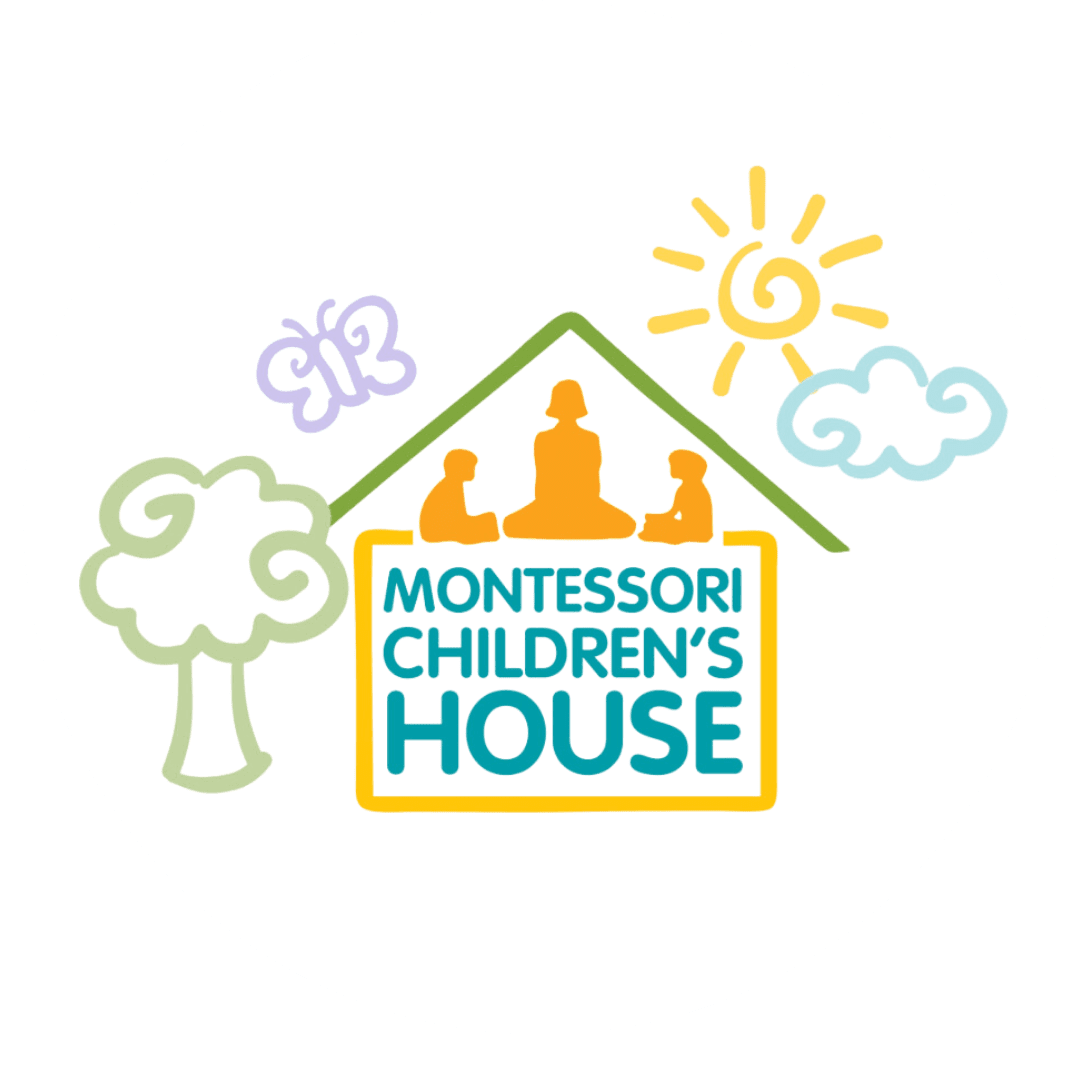FAQ
Montessori Education is a holistic approach to child development, blending philosophy and practical methodology. It focuses on the child's need for freedom within limits and a carefully prepared environment conducive to intelligence, physical, and psychological growth. Montessori recognizes children's unique abilities and encourages self-directed learning through hands-on experiences.
- Children are respected as individuals with distinct needs and capabilities.
- The approach capitalizes on children's innate curiosity and capacity for absorbing knowledge.
- The crucial first six years of life are considered foundational for learning and development.
- Purposeful work is central to a child's growth, fostering mental, physical, and psychological development.
Montessori classrooms typically experience few discipline issues. Discipline methods include redirecting a child to new activities and providing designated quiet spaces for self-regulation. Conflict resolution is taught through dialogue and understanding, fostering emotional intelligence and self-control.
While Montessori emphasizes freedom within limits, it's not permissive. The classroom is structured with a range of materials and activities, and children choose their work within this framework. Teachers guide students through lessons and observe their progress, ensuring each child's development is nurtured appropriately.
Montessori children adapt well to new environments, having learned independence, problem-solving, and communication skills. They possess positive self-esteem and confidence, traits crucial for navigating diverse settings successfully.
Montessori environments naturally facilitate socialization and sharing. Children are encouraged to work independently but can collaborate when desired. Group lessons and circle time provide structured opportunities for sharing ideas, work, and experiences.
- Jacqueline Bouvier Kennedy Onassis, former editor, former first lady (John F. Kennedy)
- Jeff Bezos, financial analyst, founder of Amazon.com
- Berry Brazelton, noted pediatrician and author
- Sergey Brin & Larry Page, co-founders of Google.com
- Julia Child, famous chef, star of many TV cooking shows and author of numerous cookbooks
- Sean “P. Diddy” Combs, rap star, music mogul
- Peter Drucker, Management Guru
- Katharine Graham, former owner-editor of the Washington Post “The Montessori method—learning by doing— once again became my stock in trade…” from Personal History by Katharine Graham
- Prince William and Prince Harry, English royal family
- Anne Frank, famous diarist from World War II
- Gabriel Garcia Marquez, Nobel Prize winner for Literature
- Melissa and Sarah Gilbert, actors
- Friedensreich Hundertwasser, Austrian painter and architect
- Jimmy Wales, founder of Wikipedia
- Will Wright, designer of The Sims
- Helen Hunt, Academy Award-winning actress
- George Clooney, Academy Award-winning actor
- Joshua Bell, American violinist, owner of Stradivarius violin
- Lea Salonga, a Filipino-American singer and Broadway actress
